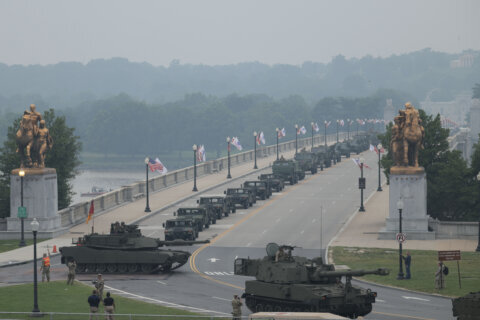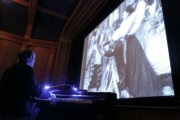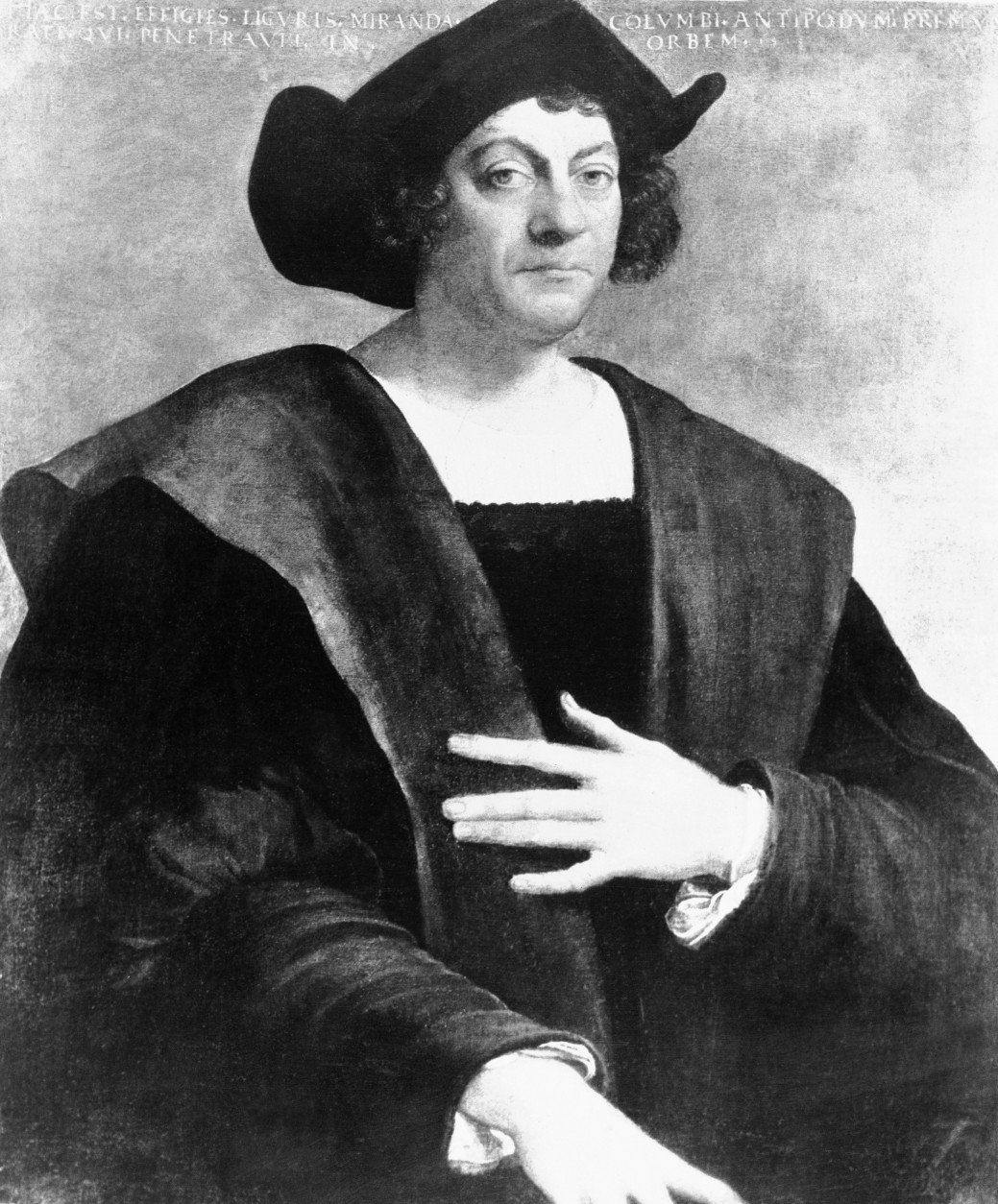
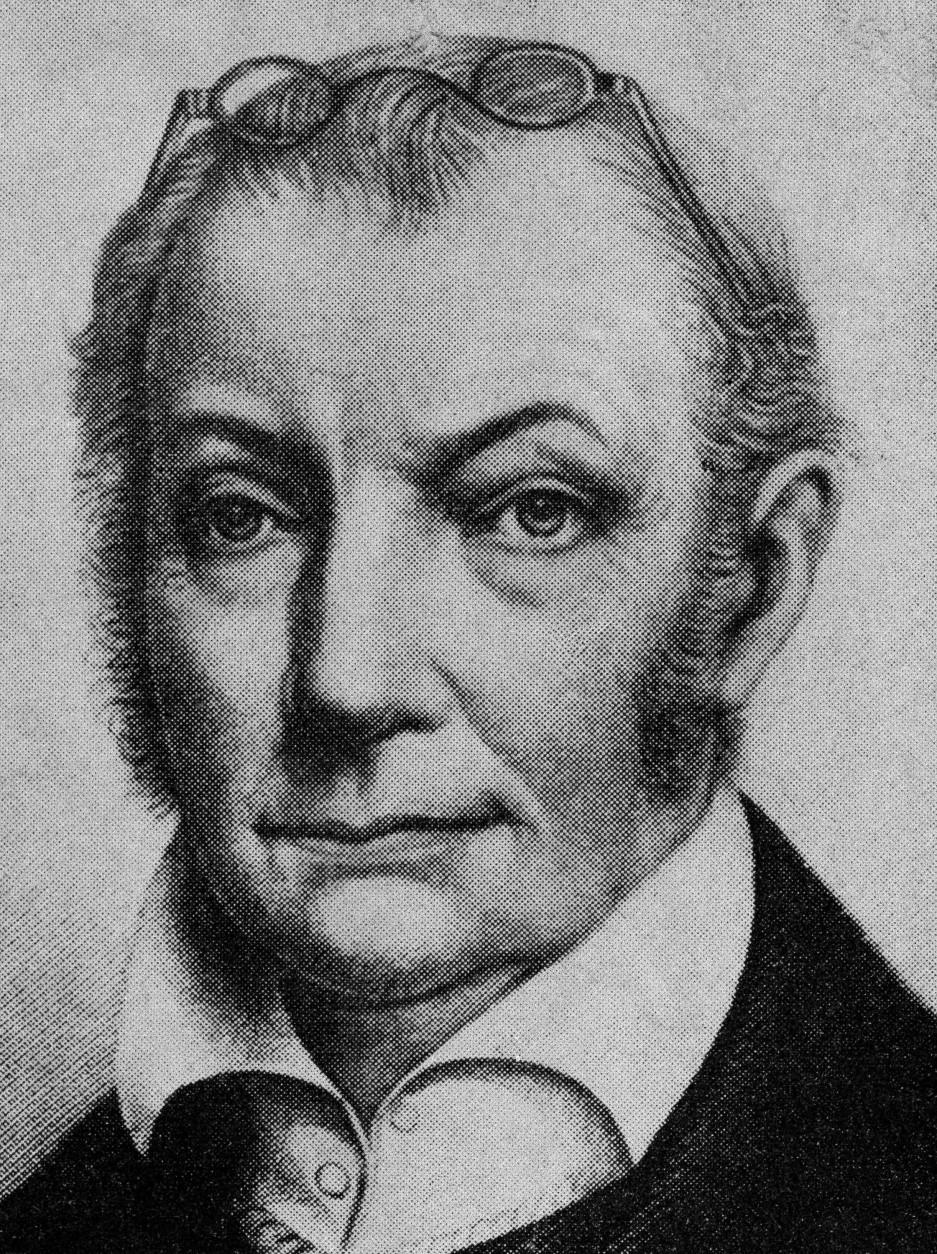
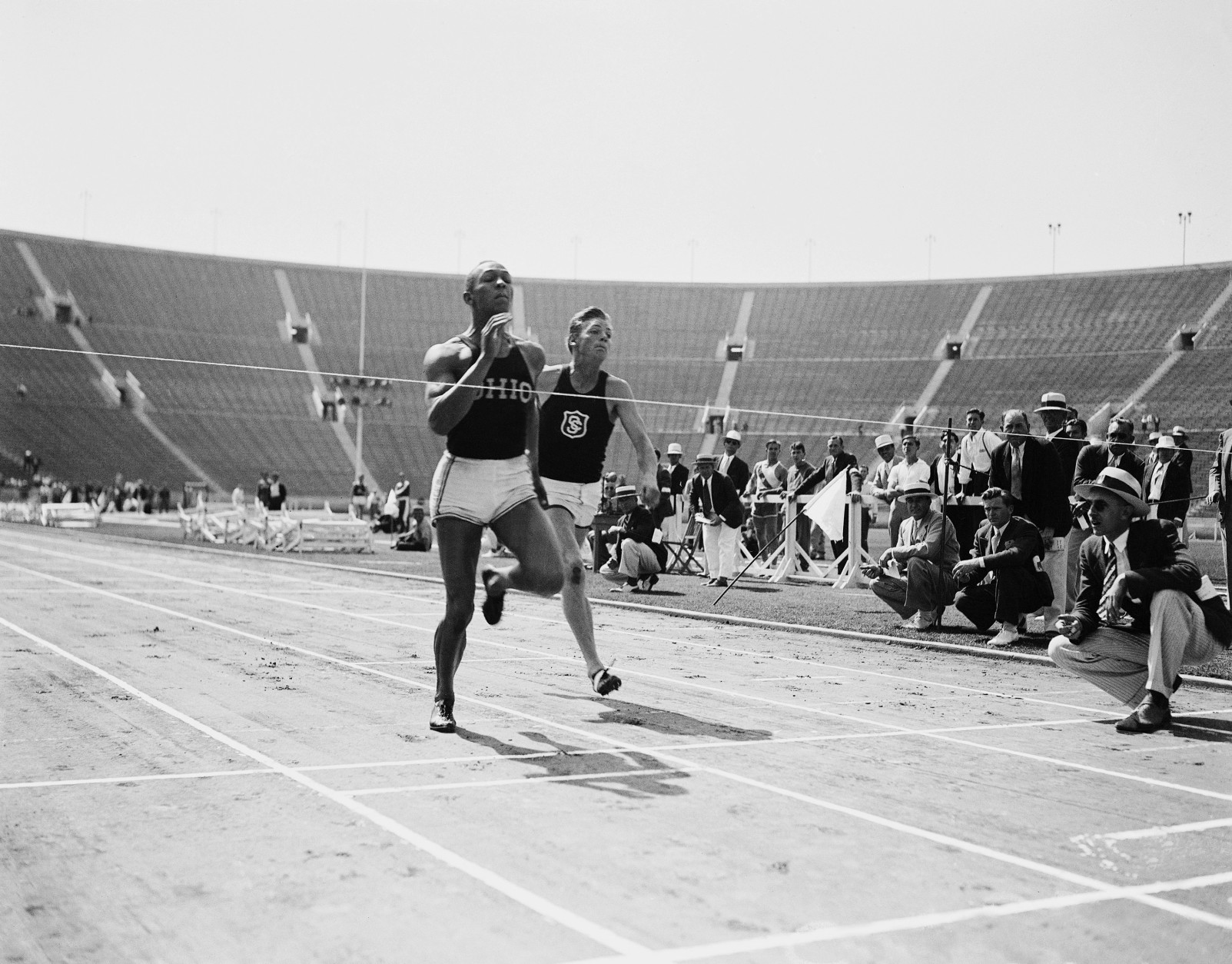
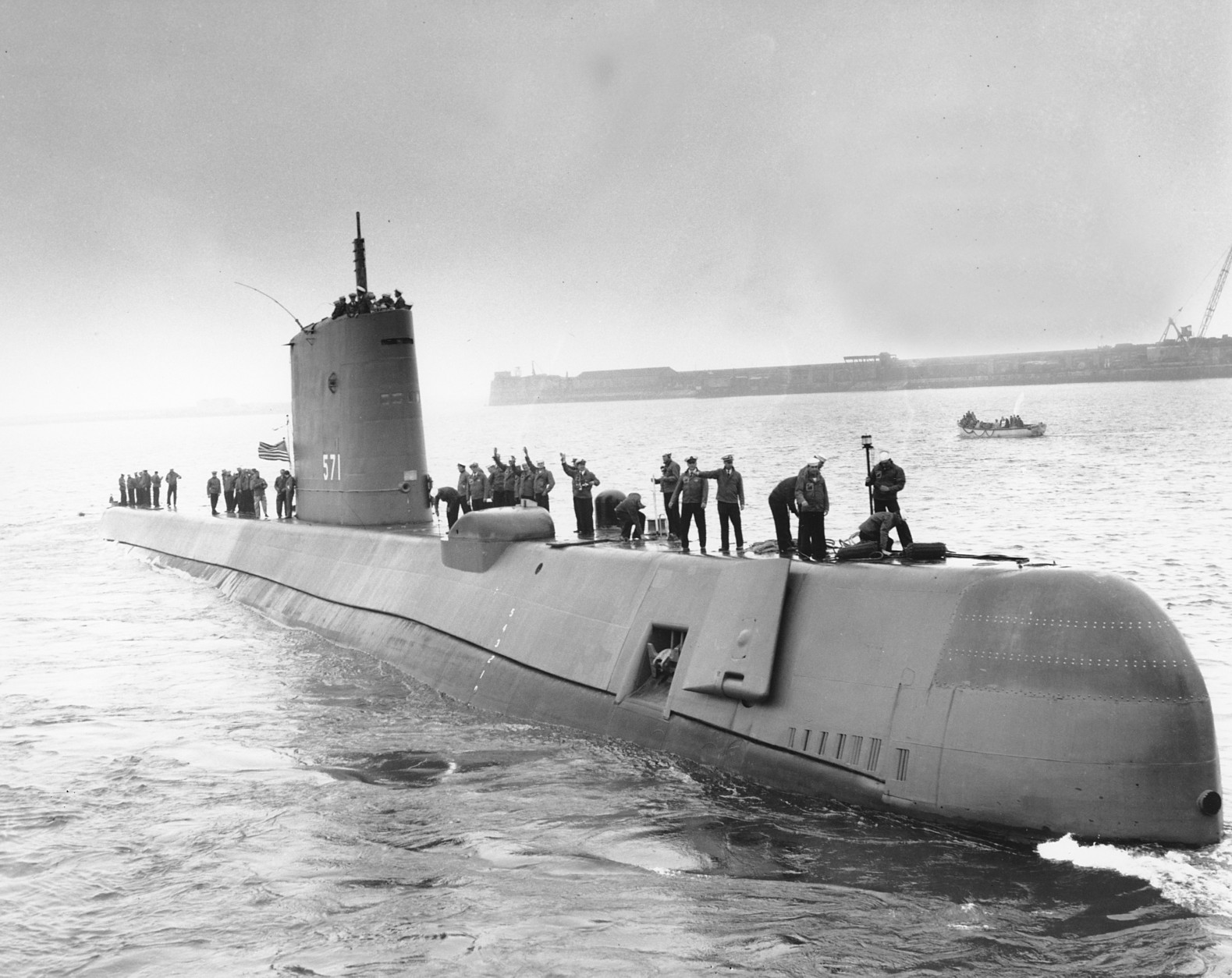
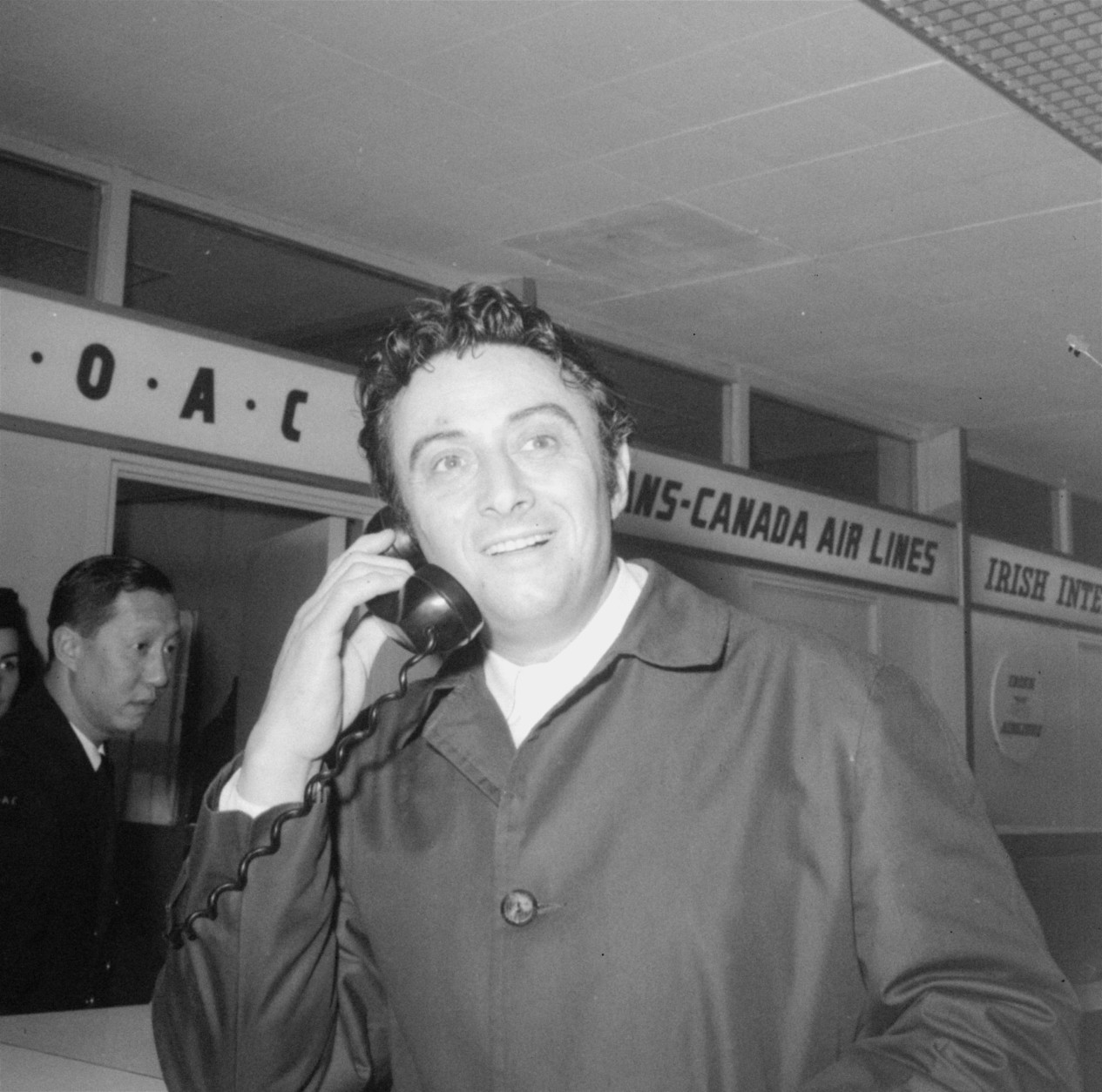
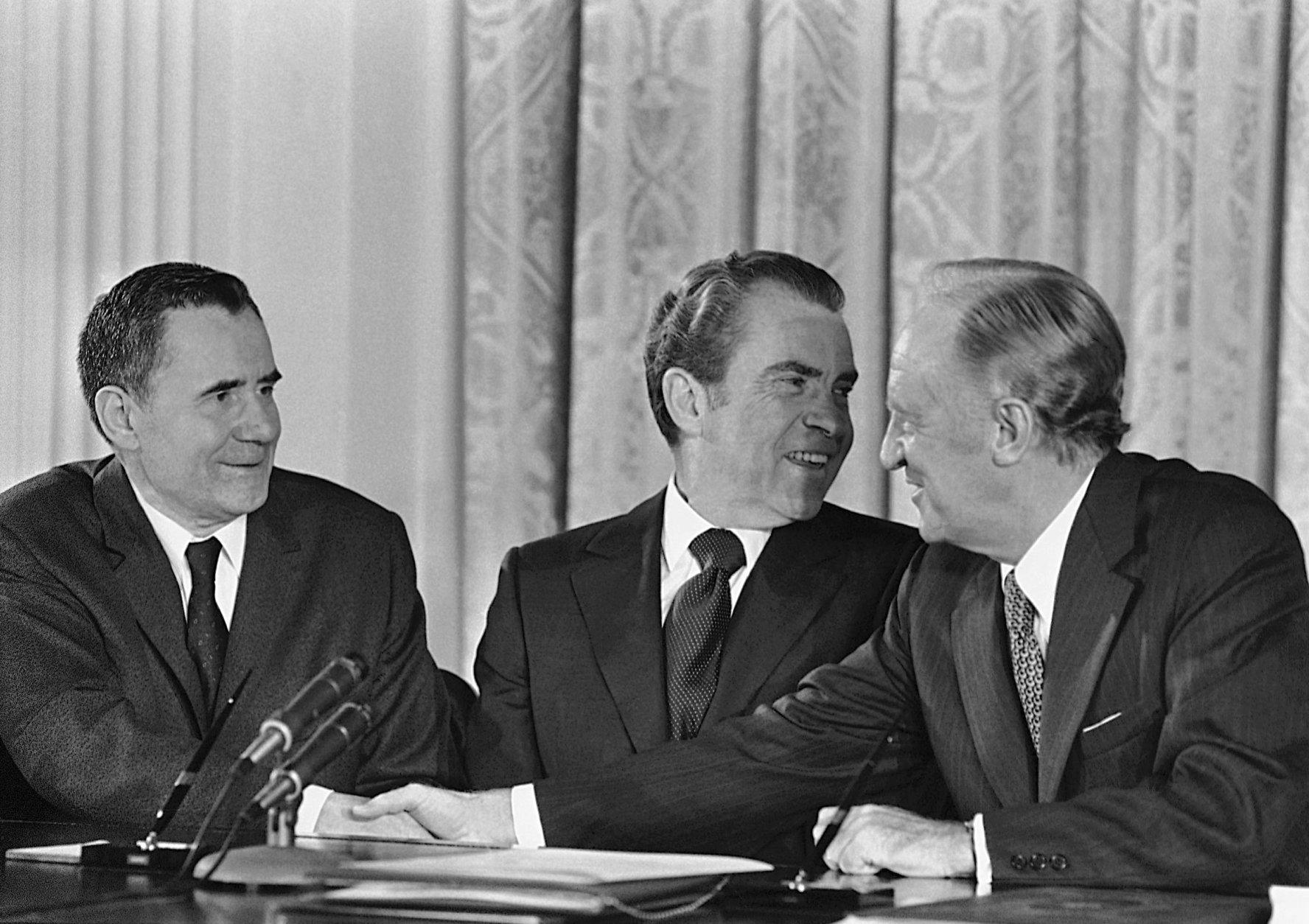
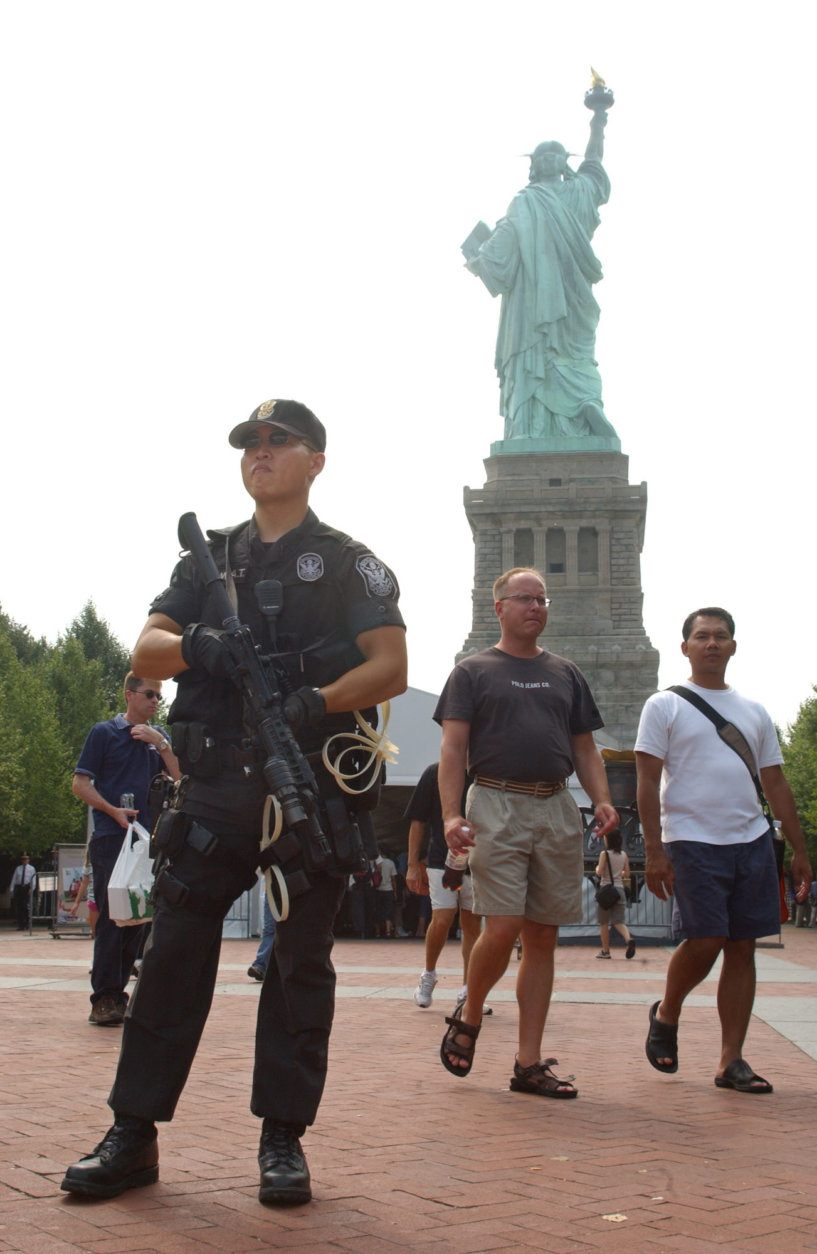
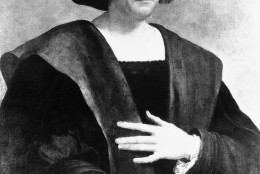
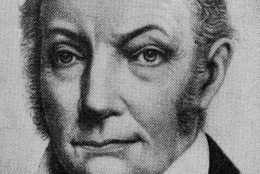
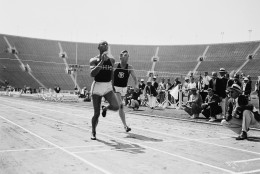
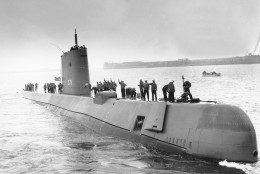
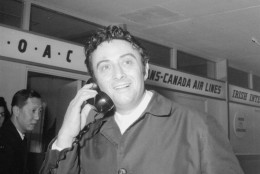
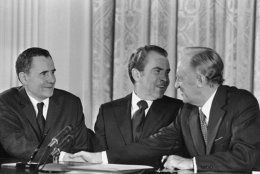
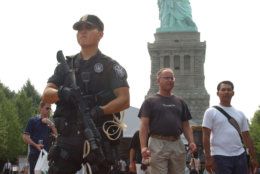
Today is Saturday, Aug. 3, the 215th day of 2019. There are 150 days left in the year.
Today’s Highlight in History:
On August 3, 1972, the U.S. Senate ratified the Anti-Ballistic Missile Treaty between the United States and the Soviet Union. (The U.S. unilaterally withdrew from the treaty in 2002.)
On this date:
In 1492, Christopher Columbus set sail from Palos, Spain, on a voyage that took him to the present-day Americas.
In 1807, former Vice President Aaron Burr went on trial before a federal court in Richmond, Virginia, charged with treason. (He was acquitted less than a month later.)
In 1921, baseball commissioner Kenesaw Mountain Landis refused to reinstate the former Chicago White Sox players implicated in the “Black Sox” scandal, despite their acquittals in a jury trial.
In 1936, Jesse Owens of the United States won the first of his four gold medals at the Berlin Olympics as he took the 100-meter sprint.
In 1958, the nuclear-powered submarine USS Nautilus became the first vessel to cross the North Pole underwater.
In 1966, comedian Lenny Bruce, whose raunchy brand of satire and dark humor landed him in trouble with the law, was found dead in his Los Angeles home; he was 40.
In 1981, U.S. air traffic controllers went on strike, despite a warning from President Ronald Reagan they would be fired, which they were.
In 1987, the Iran-Contra congressional hearings ended, with none of the 29 witnesses tying President Ronald Reagan directly to the diversion of arms-sales profits to Nicaraguan rebels.
In 1993, the Senate voted 96-to-three to confirm Supreme Court nominee Ruth Bader Ginsburg.
In 1994, Arkansas carried out the nation’s first triple execution in 32 years. Stephen G. Breyer was sworn in as the Supreme Court’s newest justice in a private ceremony at Chief Justice William H. Rehnquist’s Vermont summer home.
In 2004, the Statue of Liberty pedestal in New York City reopened to the public for the first time since the 9/11 attacks.
In 2005, 14 Marines from a Reserve unit in Ohio were killed in a roadside bombing in Iraq. The journal Nature reported that a South Korean researcher had created the world’s first cloned dog, an Afghan hound named “Snuppy.” (Although the scientist, Hwang Woo-suk, was later disgraced over faked research, the cloning of Snuppy was independently confirmed.)
Ten years ago: Iran’s supreme leader formally endorsed Mahmoud Ahmadinejad (ah-muh-DEE’-neh-zhahd) for a second term as president. A court in Los Angeles appointed Michael Jackson’s mother, Katherine, permanent guardian of the late pop star’s children.
Five years ago: Israel withdrew most of its ground troops from the Gaza Strip in an apparent winding down of a nearly monthlong operation against Hamas that had left more than 1,800 Palestinians and more than 60 Israelis dead. A strong earthquake in China’s southern Yunnan province toppled thousands of homes, killing more than 600 people.
One year ago: China said it was ready to impose tariffs on $60 billion worth of U.S. imports if Washington went ahead with its threat to impose duties on $200 billion in Chinese goods. President Emmerson Mnangagwa was declared the winner of Zimbabwe’s presidential election as the ruling party maintained control of the government in the first vote since the fall of longtime leader Robert Mugabe. Las Vegas police said they were closing their investigation into the Oct. 1 shooting that left 58 people dead at a country music festival without a definitive answer for why Stephen Paddock unleashed gunfire from a hotel suite onto the concert crowd.
Copyright © 2026 The Associated Press. All rights reserved. This material may not be published, broadcast, written or redistributed.

